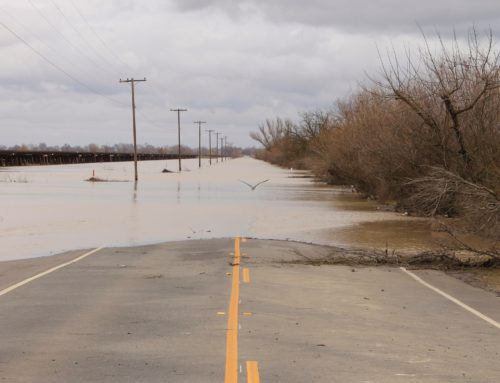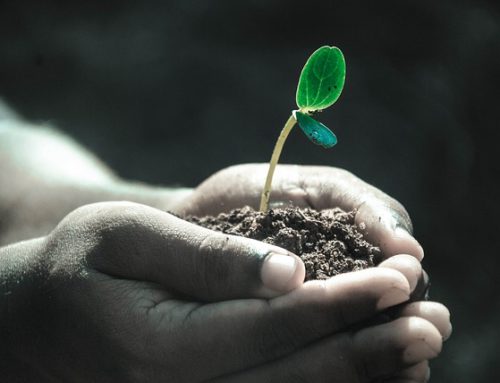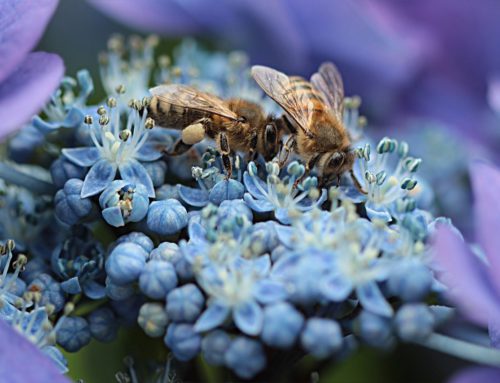In honor of Great Lakes Week, I’ve chosen to highlight environmental and conservation issues affecting the Great Lakes Coastal Region in this blog post. Collectively, the five Great Lakes–Lake Erie, Lake Huron, Lake Superior, Lake Michigan, and Lake Ontario–provide drinking water to more than 35 million people across eight states and two Canadian provinces, including the cities of Chicago, Toronto, Milwaukee and Cleveland. Tourism along the Great Lakes is a multi-billion dollar industry that supports more than 200,000 jobs.
But the Great Lakes are in trouble. In addition to being impacted by steep reductions to the National Oceanic and Atmospheric Administration, or NOAA, and the U.S. Coast Guard, President Trump on March 16 proposed EPA budget cuts that would effectively eliminate all funding for the Great Lakes Restoration Initiative (GLRI), a public-private partnership founded in 2010 to protect both the region’s natural resources and coastal economy.
Critics of Trump’s EPA cuts, including Ohio Senator Rob Portman (R) assert that eliminating the Great Lakes Restoration Initiative would be devastating to regional public health and employment. The economic value of the Great Lakes to communities on both sides of the border is enormous–it’s our responsibility to fight on their behalf, to protect them.
In addition to Trump’s proposed EPA budget cuts, Great Lakes Week has drawn attention to other problems facing these waterways. The biggest threats? Invasive species, climate change, and Line 5, an oil pipeline, are certainly the most destructive. Here’s how they are wreaking havoc on the Great Lakes’ ecosystem:
Invasive Species: Zebra + Quagga Mussels. Non-native, invasive mussel species threaten water quality and fisheries along the Great Lakes Ecosystem. Their proliferation disrupts the entire food chain, disrupting the normal flow of food and nutrients in these waterways. Zebra Mussels also facilitate the growth of harmful blue-green algae, which inhibits the ability of the lakes to maintain homeostasis.
As Dan Egan explains in Nautil.us, the ecological damage wrought by zebra mussels also pales in comparison to the damage caused by the quagga mussel, since quagga mussels filter nutrients out of the water year-round. “Unlike zebra mussels…quaggas have been plucked from waters as deep as 540 feet. This depth tolerance, coupled with the fact that quaggas don’t require a hard surface to attach to, means they can blanket vast swaths of lake bottom inaccessible to zebra mussels.”
Pipeline 5. The Enbridge Line 5 pipeline, which carries ~23 million gallons of crude oil and liquid natural gas through the Straits of Mackinac each day, was built in 1953. The 645-mile, 30-inch-diameter pipeline runs from Superior, Wisconsin, across Michigan’s Upper and Lower Peninsulas before terminating in Ontario, Canada.
Citing insufficient upkeep and maintenance, The Sierra Club and other environmental advocacy associations have voiced concerns about the possibility that Line 5 could rupture or spill; they say Line 5 is an ecological disaster waiting to happen. The Straits of Mackinac currents reverse direction every few days, so a spill would rapidly contaminate shoreline communities, according to a University of Michigan study commissioned by the National Wildlife Federation found.
Climate Change. Global warming adds yet another stress to a Great Lakes system that is already plagued by aquatic invasive species, deleterious land use, and toxic chemical pollution. Adding insult to injury, global warming works to reduce the Great Lakes’ water levels and increases the frequency of intense storm events along this coastal region.
If you’re interested in joining the effort to protect the Great Lakes, a number of companies and organizations in the upper midwest are taking action. Selected businesses and nonprofits which have pledged to protect the Great Lakes are listed below:
Great Lakes Protection Fund Alliance for the Great Lakes
FLOW: For The Love of Water
Great Lakes Protection Fund – Great Lakes Stewardship Initiative (GLSI)
Lake Michigan Watershed Academy







Leave A Comment